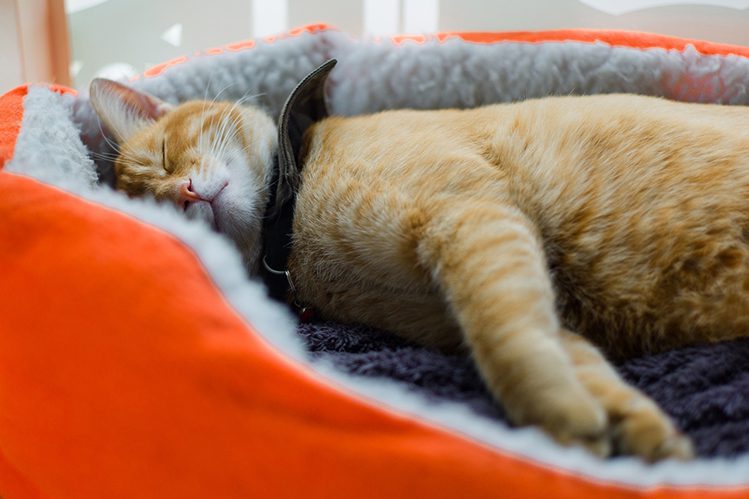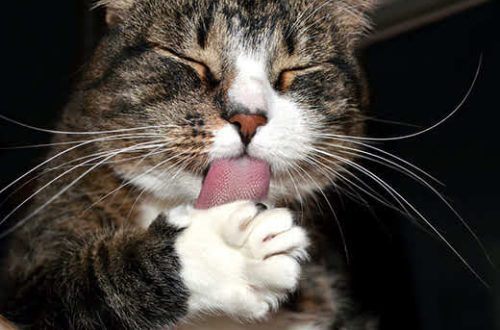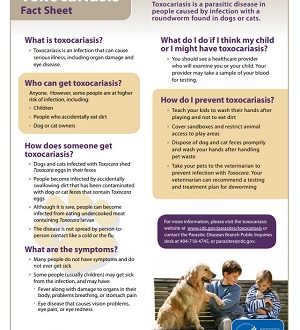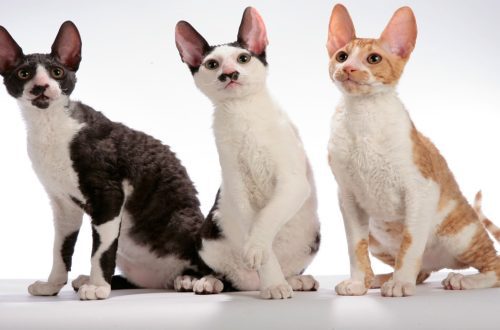
Recovery of cats after surgery
Any surgical intervention is a great stress for the animal’s body. How quickly the pet will recover depends on the complexity of the procedure and the quality of postoperative care. How to do everything right and help the cat recover faster?
1. Strictly follow the recommendations of the veterinarian.
The word of a veterinarian is law. Follow the recommendations and do not self-medicate. If the doctor has prescribed antibiotics for the cat, give her antibiotics for exactly as many days as necessary, even if it seems to you that the pet has already recovered. All appointments must be met – the success of rehabilitation depends on this.
2. Monitor the condition of the pet.
If possible, take a vacation for the first days after the operation. A weakened cat will need your help and careful monitoring of the condition: temperature, stool, sutures, etc. You should always have a veterinarian’s phone number at hand. In case of deterioration or if you have any questions, be sure to contact him.
3. Treat the seams.
Recommendations for the treatment of seams must be provided by a veterinarian. Hygiene must be maintained so as not to provoke inflammation.
In no case should wounds be treated with iodine or brilliant green: this will cause a burn. Usually, veterinarians recommend chlorhexidine or Vetericin solution – powerful and completely safe antiseptics. By the way, they are applied painlessly.
4. Don’t let your cat lick the stitches.
The cat should not be allowed to lick the stitches, otherwise they will become inflamed and will not heal. Block the “access” to the seams with a blanket or a special collar.
5. Organize the perfect resting place for your cat.
During the day after the operation, the cat may have impaired coordination, because. the effect of the anesthesia will still last. So that she does not accidentally fall and injure herself, arrange for her a calm, warm place on the floor, away from drafts, doors and household appliances. The same applies to weakened pets. If your cat is not yet strong, it is undesirable to put it on high surfaces (bed, chair, etc.).
Also, after the operation, the temperature drops in cats. The task of the owner is not to let the pet freeze. A blanket and a soft warm couch with sides will help to do this.

6. We restore immunity!
A nutritious diet gives the body the strength to recover. A special diet for a cat will be prescribed by a veterinarian.
To speed up the recovery process, add special prebiotic drinks (Viyo Recuperation) to your diet. Prebiotics have already proven themselves in human therapy as an effective immune booster and have recently been produced for dogs and cats as well. In addition to strengthening immunity, they have a good effect on the intestines. Prebiotics stimulate the contraction of its walls, which is very important in the postoperative period. The action of anesthesia causes atony (slowing of the movement of the intestinal walls), leading to constipation. If the operation is abdominal, in the first days it is painful for the pet to push, and constipation causes great discomfort. Prebiotics solve this problem.
7. Water.
Make sure that clean drinking water is always freely available for your pet.
8. Rest
During the rehabilitation period, the animal needs rest. He should not be disturbed by other pets, children, loud noise and other irritants. Rest and sleep are the most important steps to recovery.
9. The owner should take care of the cat.
After the operation, a weakened pet experiences stress, and sometimes even fear, and may behave inappropriately. Communication is not what he needs at this stage. It is advisable to disturb the cat as little as possible, and entrust the care to one person – the one whom she trusts the most.
10. Limit physical activity.
For the first time after the operation, physical activity is contraindicated for cats. Over time, the life of the pet will again become active and energetic. But how quickly this should happen and at what pace – the veterinarian will tell.
Be careful and take care of your pets. We wish them a speedy recovery!





